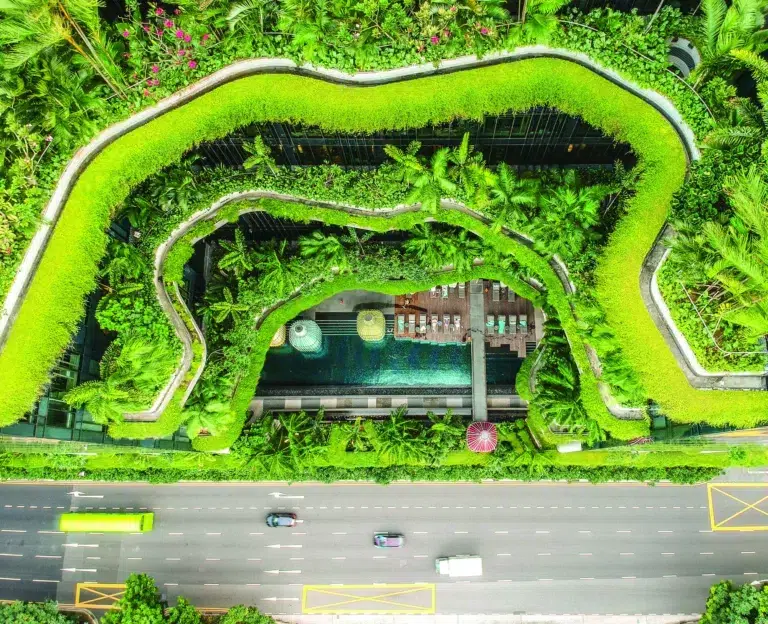A G20 nation is ready to take on the world
On the brink of a political transition, Indonesia flexes resilience to withstand internal and external economic pressures
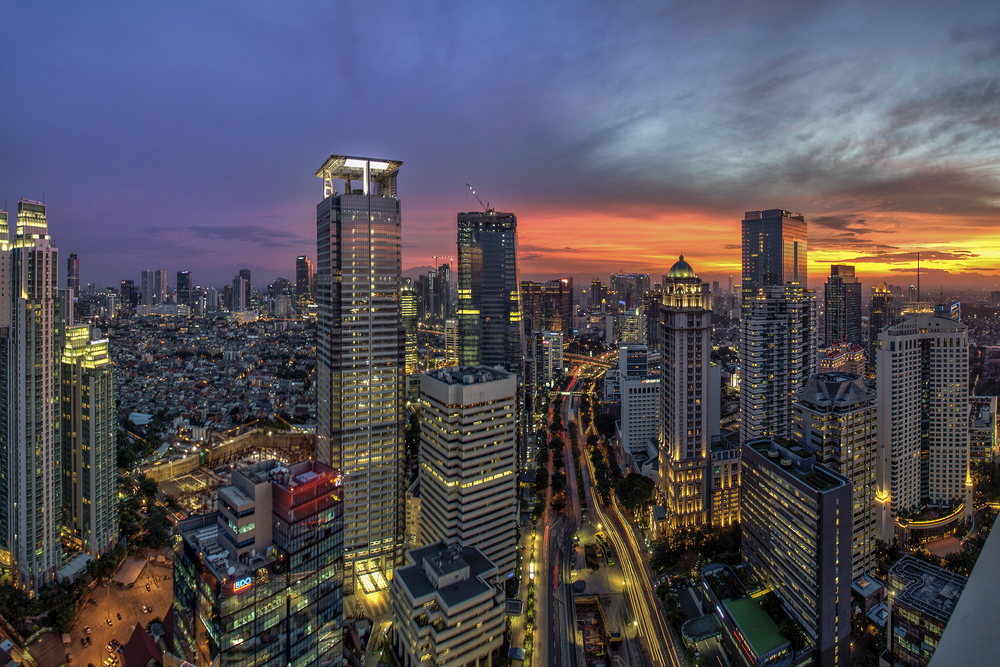
At the 2022 G20 summit in November, leaders of the world’s most systemically important economies took stock of its host country Indonesia.
From Bali, demagogues and democrats got a closer look at an economy that is a world unto itself: a 274-million-strong nation ready to have a seat at the table.
The rupiah in January posted its best performance in over two years as neighbouring currencies like the peso, ringgit, and rupee underwhelmed. The consumer price index inflation also stood at a lower-than-forecast 5.5 percent at the end of 2022.
These positive developments give businesspeople a “breath of fresh air,” says Marine Novita, country manager of leading property site Rumah.com. “Hopefully this positive trend will continue and make the national property market more relaxed after the pandemic.”
Around 56 percent of the total property searches on Rumah.com have been for homes above IDR1 billion (USD65,600). “This means that consumer purchasing power is still maintained,” says Novita.
Despite an expected, holiday-driven stagnation in the fourth quarter of 2022, the site’s residential property price and supply indices registered moderate annual increases of 5.8 percent and 6.8 percent, respectively. Although it dropped significantly in the three months to the final quarter, the demand index had risen yearly by nine percent in Q3 2022.
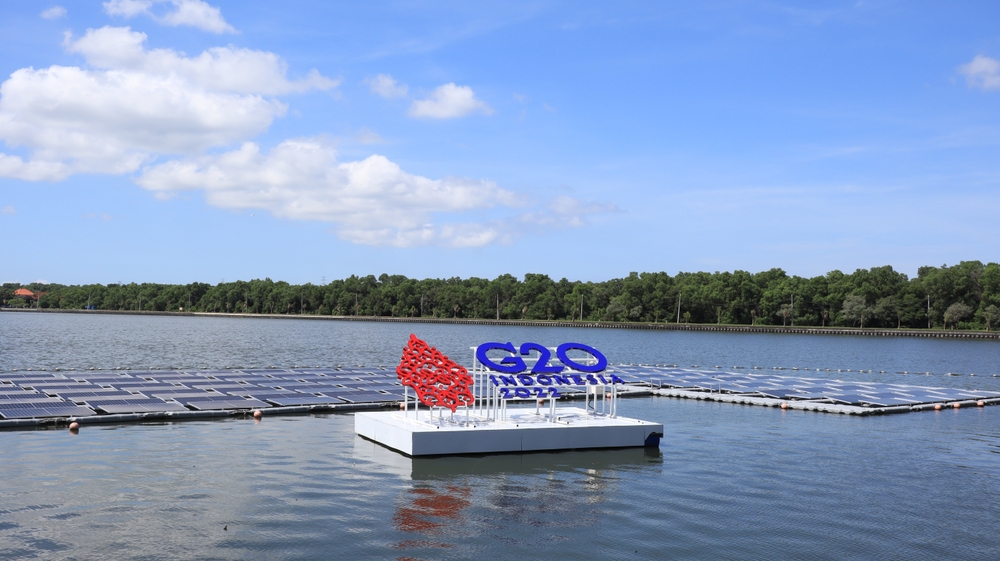
Stimulus policies under President Joko Widodo have boosted optimism in the property market. Introduced in 2021, the easing of the loan-tovalue ratio (LTV), which allowed consumers to apply for mortgages with a downpayment of zero percent, has been extended until the end of 2023.
“But based on our observations on the ground, this policy has had little impact on apartment sales thus far,” reports Ferry Salanto, senior associate director for research at Colliers Indonesia. “Banks have their own policies regarding nonperformance loan risks.”
The Value Added Tax Borne by the Government (PPN DTP), which ended in September, is more sorely missed. Consumers surveyed by Rumah. com in H2 2022 lauded the policy that waived the VAT on home purchases and resulted in discounts of up to 50 percent. Developers were able to move their inventories during the policy run and even launch new clusters or landed residential complexes as a result.
“As we have seen in the past two years, the tax exemption provided a positive impact on the market,” says Vivin Harsanto, head of advisory and senior director at JLL Indonesia.
The tax waiver stimulated landed housing, which represented 92 percent of total residential searches on Rumah.com in Q4 2022. Driven by end users, prices in the landed residential sector have remained stable, with developers choosing to offload inventory before price increments, reports JLL Indonesia. Sales rates have remained healthy across various locations and grades of landed properties.
“The stability of the land prices is the ability of the developer to be able to sell and absorb the demand,” says Harsanto.
Condominiums have underperformed in comparison. No new apartment projects were launched in Q4 2022 as developers exercised restraint due to low sales volumes. Condo prices remained flat. Primary units stood unsold. “Vertical residential is still in the bottom cycle and might be staying there a little bit longer,” says Harsanto. “Local buyers, predominantly individual investors targeting attractive capital gains and recurring income, continue to take a wait-and-see approach.”
The 2024 elections are set to magnify that cautious mood. As the world’s third-largest democracy prepares to go to the polls, developers are pacing to obtain permits for their projects.
“For the buyers, this is the time to push through in terms of decision-making, acquisitions, and so forth to avoid any change in regulation next year,” says Harsanto. “Come the election in the first quarter of next year, there will be some wait-and-see on who’s going to be in the administration. It would probably take a few months to adjust to that.”

Constitutionally forbidden from running for a third term, President Jokowi leaves behind a trail of infrastructural accomplishments. On the sidelines of the summit, the premier and Chinese President Xi Jinping watched a trial run of the forthcoming Jakarta-Bandung highspeed railway, being built by the Indonesian-Chinese venture PT. Kereta Cepat Indonesia China (KCIC).
Jokowi vows to “continue to build and develop train infrastructure” in the final year of his premiership. The initial phases of the LRT and MRT lines have been well received, providing an effective workaround to Jakarta’s well-known traffic jams. Meanwhile, the Trans-Sumatra and Bali Mandara toll roads have positively impacted the 17,500 islands’ economic corridors.
“Right now, we’re seeing that the residential high-rises that have still managed to perform well are those along the commuter lines,” says Harsanto. “That indicates the preference of home buyers or end users to be convenient to travel.”
The outlying Nusantara, Jokowi’s new capital for the archipelago, has gained traction from some developers. “We are yet to see the impact,” says Harsanto, adding that the shift to Nusantara will likely begin around early 2024.
While the corollaries of Nusantara are taking time to be felt, monetary policies are set to have a more instantaneous effect on residential purchases and investments in 2023.
The landed residential industry has always been one of the most resilient sectors in Indonesia, even during the Asian financial crisis and the global financial crisis. Although we’re not as bullish as we used to be, we’re still positive
With high energy subsidies keeping inflation low, Bank Indonesia had been able to hold the 7-day reverse repo rate at 3.5 percent for 18 months through August. The benchmark interest rate has since risen several times, hitting 5.75 percent in January.
“In terms of buyers, we believe that before they purchase more than two mortgages at the current higher interest rate, they will think twice,” reports Salanto.
The interest rate hikes are expected amid global inflationary pressures, which could compound construction costs if developers derive a lot of the materials abroad. In the face of a full-blown recession, developers are expected to accommodate buyers with smaller units or more affordable, flexible payment terms as they did during the height of the pandemic.
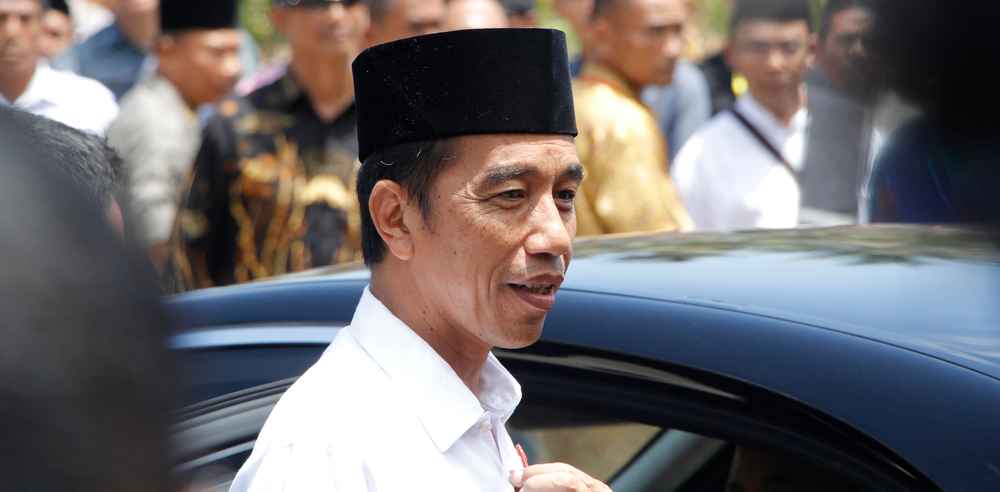
“The landed residential industry has always been one of the most resilient sectors in Indonesia, even during the Asian financial crisis and the global financial crisis,” says Harsanto. “Although we’re not as bullish as we used to be, we’re still positive about the landed residential sector.
“I am hoping the landed residential market will remain strong and resilient as this would create organic growth and create demand for more commercial products,” she adds.
Indonesia has latitude for strength and resilience since it continues to produce enormous amounts of commodities such as palm and coal, now experiencing record demand and price surges. The world’s largest nickel-producing country last year attracted LG to establish a USD9-billion battery value chain, designed to wean the company’s reliance off Chinese raw materials. Another South Korean company, Hyundai Motor, built its first manufacturing plant in the country.
The automotive industry, along with third-party logistics, fast-moving consumer goods (FMCG), electronics, and retail occupiers, hoists demand high for modern logistics warehouses in Greater Jakarta, which covered 2.3 million square metres in 2022, according to JLL Indonesia. Industrial land sales in 2022 totalled almost 213 hectares, the largest since the pandemic began, according to Colliers Indonesia.
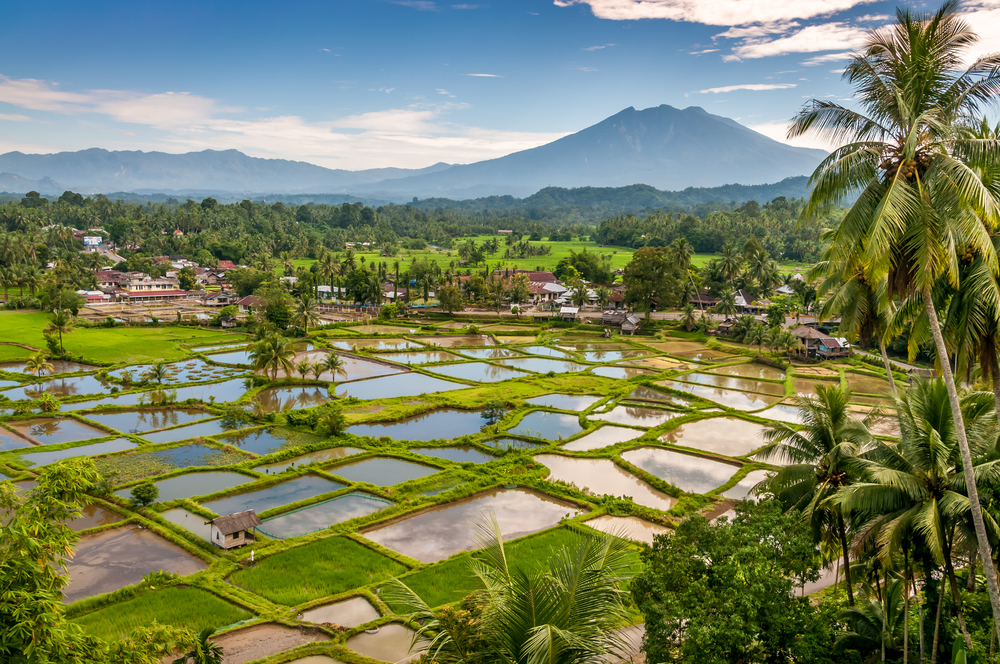
“The industrial sector is still promising for industrial estate developers as its sales performance continues to show an upward trend,” reports Salanto. “This sector had demonstrated its resilience during the pandemic, which was difficult for other property sectors to do.”
In 2022, the Indonesian GDP grew by 5.31 percent, the nation’s best economic performance since 2013. However, the wealth per capita in the newly industrialised country still leaves a lot to be desired. Income inequality is pervasive. The housing backlog is colossal, too, affecting 12 million families.
But youth is on Indonesia’s side. Around 40 percent of the populace, representing 88 million people, are 20 to 44 years old: a good foundation for the labour force. “They are the target market for the residential property sector,” says Novita. “The opportunity for the property market is still dynamic amid the threat of recession.”
Tipped to become the next economic superpower, Indonesia has arrived on the world stage.
The original version of this article appeared in PropertyGuru Property Report Magazine Issue No. 177 on issuu and Magzter. Write to our editors at [email protected].
Recommended
6 green real estate projects reshaping Asia’s future
Developers are being incentivised to push a green agenda into daring new realms
ARES White Paper Volume 3: The era of adaptive reinvention
Pioneering sustainable and innovative practices in urban development
ARES White Paper Volume 2: Unravelling the power of data revolution in real estate
Insights on proptech, smart cities, and sustainable development
ARES Digital White Paper Volume 1: The fundamentals of responsible building
Green and climate heroes join forces to discuss how Asia Pacific can weather the current environmental crises and the looming effects of climate change
